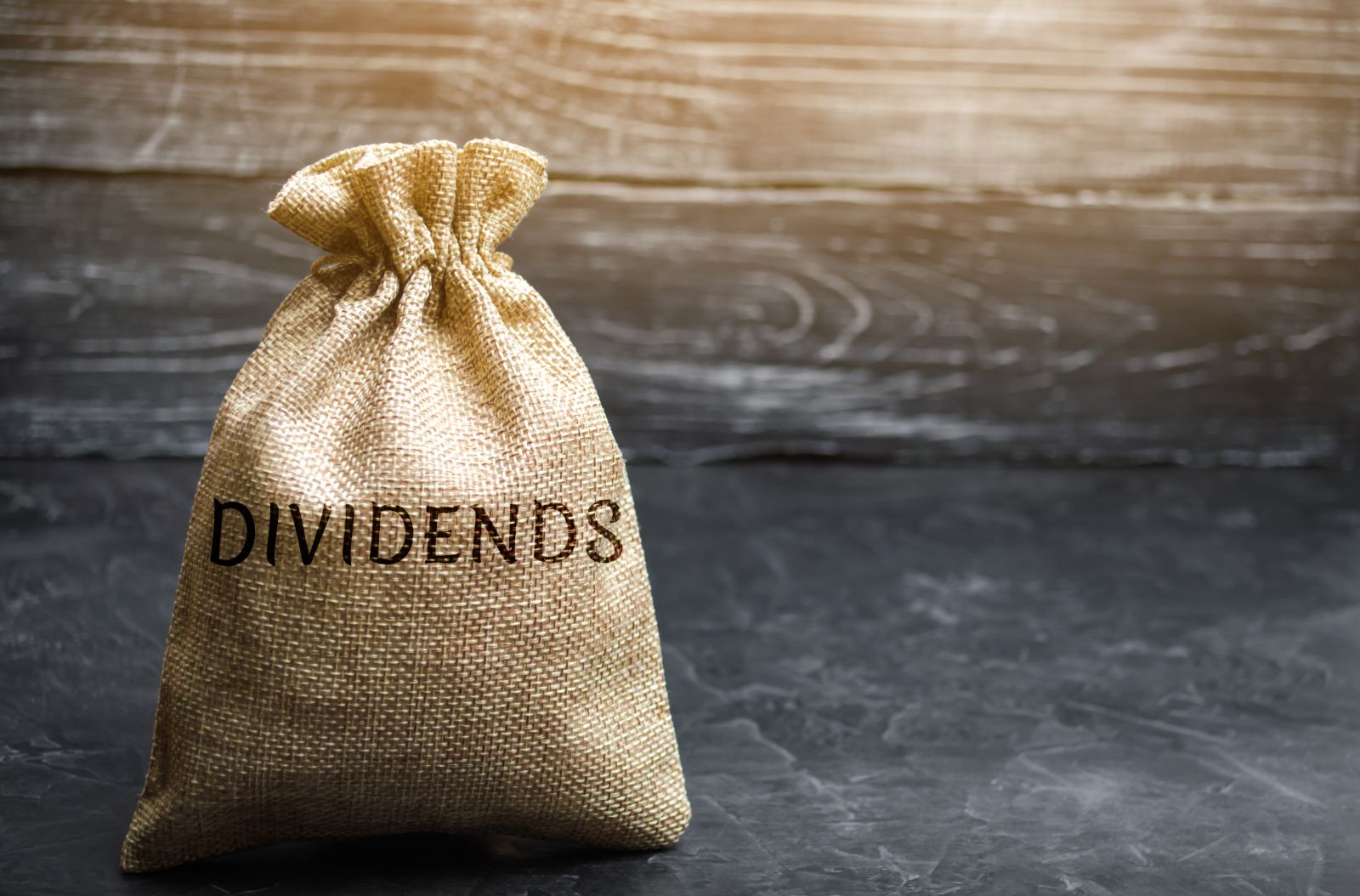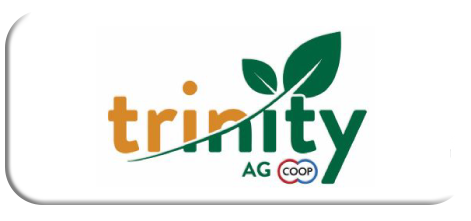3 Safe Dividend Kings With Low Payout Ratios

Income investors should focus on stocks that pay solid yields, but also those that have sustainable payouts and strong business models. This is why we recommend the Dividend Kings, a group of 53 stocks that have increased their dividends for over 50 years.
The safest Dividend Kings can raise their dividends each year, even during recessions.
The following 3 dividend stocks have low dividend payout ratios and recession-proof business models, meaning their dividends are well-covered even during a recession.
Hormel Foods (HRL)
Hormel Foods was founded in 1891 in Minnesota. Since that time, the company has grown into a giant in the food products industry with over $12 billion in annual revenue. Hormel has kept its core competency as a processor of meat products for well over a hundred years but has also grown into other business lines through acquisitions. The company sells its products in 80 countries worldwide, and its brands include Skippy, SPAM, Applegate, Justin’s, and more than 30 others.
Hormel posted third quarter earnings on September 4th, 2024, and results were mixed. Adjusted earnings-per-share came to 37 cents, which was a penny ahead of estimates. Revenue was off 2% to $2.9 billion, missing estimates by $60 million. Volume was 1.02 billion pounds. Management lowered guidance for the year due to a couple of factors.
First, the company’s Suffolk, Virginia facility had a shutdown from a listeria-related recall, as well as lower prices for turkey and pork. With these in mind, revenue guidance was reduced from the prior range of $12.2 billion to $12.5 billion to the new range of $11.8 billion to $12.1 billion. Profit guidance was more or less unchanged.
The third quarter saw retail volume fall 9% and net sales decline 7%, which resulted in a 15% decline in segment profit. The company’s foodservice segment saw volume rise 2% and sales rise 7%, respectively. Profit was 3% lower, however, as higher SG&A costs weighed.
Hormel’s main competitive advantage is its ~40 products that are either #1 or #2 in their category. Hormel has brands that are proven, and that leadership position is difficult for competitors to supplant. In addition, Hormel has a global network of distributors that few food companies can rival.
Hormel’s payout ratio is just above 70% of earnings, and we expect that it will remain this way for the foreseeable future. HRL stock currently yields 3.5%.
Colgate-Palmolive (CL)
Colgate-Palmolive has been in existence for more than 200 years, having been founded in 1806. It operates in many consumer staples markets, including Oral Care, Personal Care, Home Care, and more recently, Pet Nutrition. These segments afford the company nearly $19 billion in annual revenue.
Colgate posted second quarter earnings on July 26th, 2024, and results were better than expected on both the top and bottom lines. Adjusted earnings-per-share came to 91 cents, which was four cents ahead of estimates. Revenue was up 5% year-over-year and beat estimates by $58 million. Revenue saw an organic increase of 9%, led by a 19% gain in Latin America, and 16% in Africa/Eurasia. Organic volume was up 4.7% during the quarter and was up 4.2% year-over-year. Operating profit was up 12% to $1.09 billion, and was 21% of sales. That was up from 20.2% a year ago, as double-digit operating profit gains across the business more than offset weakness in North America.
Management guided for sales growth of 2% to 5% for the year, including a mid-single digit negative impact from foreign exchange impact. Organic sales are expected to rise between 6% and 8%. Earnings-per-share is expected to rise 8% to 11%
Colgate Palmolive’s dividend increase streak should remain intact for years to come as its payout is still reasonable, and earnings hold up well during recessions
The payout ratio is 56% of earnings, indicating a safe payout, and it is likely Colgate-Palmolive will produce many more years of dividend increases.
CL has increased its dividend for over 60 consecutive years. It is a recession-resistant company given the staple nature of the products it sells. Its competitive advantages are the dominant brands it owns and its strong market share which provides the ability to raise prices. CL stock yields 2%.
Illinois Tool Works (ITW)
Illinois Tool Works is a diversified multi-industrial manufacturer with seven unique operating segments: Automotive, Food Equipment, Test & Measurement, Welding, Polymers & Fluids, Construction Products and Specialty Products. Last year the company generated $16.1 billion in revenue. The company is geographically diversified, with more than half of its revenue generated outside of the United States.
On July 30th, 2024, Illinois Tool Works reported second quarter 2024 results for the period ending June 30th, 2024. For the quarter, revenue came in at $4.0 billion, shrinking 1.2% year-over-year. Sales declined 1.3% in the Automotive OEM segment, the largest out of the company’s seven segments.
The Specialty Products and Food Equipment segments grew revenues by 6.2% and 2.1%. Meanwhile, Polymers & Fluids, Test & Measurement and Electronics, Construction Products and Welding saw revenue decline -1.3%, -3.2%, -4.3%, and -5.0%, respectively. Net income equaled $759 million or $2.54 per share compared to $754 million or $2.48 per share in Q2 2023.
In the second quarter, ITW repurchased $375 million of its shares. Illinois Tool Works reduced its 2024 guidance and now expects full-year GAAP EPS to be $10.30 to $10.40 (compared to $10.30 to $10.70 previously), which would equate to a 6% annual increase at the midpoint. Additionally, the company expects to repurchase roughly $1.5 billion of its own shares this year.
The balance sheet is in good shape, allowing for some flexibility from a capital allocation standpoint. Moreover, attractive returns can be achieved without venturing outside Illinois Tool Works’ existing core competencies. Illinois Tool Works can continue to invest in its sales networks, R&D, and manufacturing capacity, while cost-cutting measures could continue to boost margins.
On the date of publication, Bob Ciura did not have (either directly or indirectly) positions in any of the securities mentioned in this article. All information and data in this article is solely for informational purposes. For more information please view the Barchart Disclosure Policy here.



